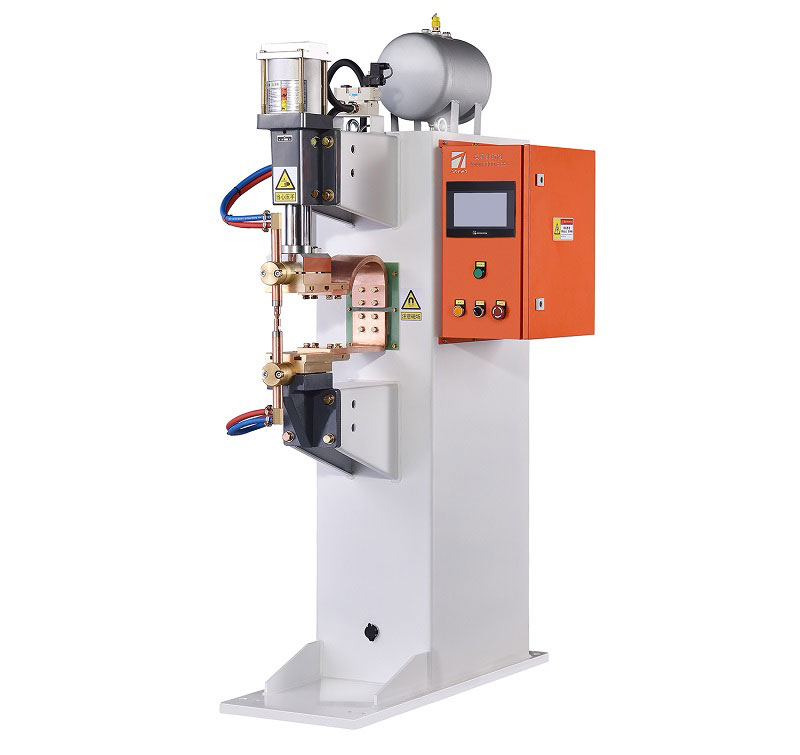What Factors to Consider When Choosing a Spot Welding Machine?
When it comes to selecting the right spot welding machine for your manufacturing needs, several crucial factors must be taken into account. This decision can significantly impact the quality and efficiency of your production process. In this article, we’ll explore key considerations to keep in mind when choosing a spot welding machine.
- Material Compatibility:
- The first consideration is the type of materials you’ll be welding. Different spot welding machines are designed for specific materials, such as steel, aluminum, or other alloys. Ensure that the machine you choose is compatible with the materials you work with.
- Welding Thickness:
- Determine the thickness of the materials you need to weld. Spot welding machines have different capacities, and you should select one that can handle the thickness of your materials effectively.
- Welding Power:
- The welding power or output of the machine is crucial. It determines the strength and quality of the weld. High-power machines are suitable for thicker materials, while low-power machines are better for thinner materials.
- Electrode Design:
- Pay attention to the electrode design and quality. Proper electrode design can improve the welding process and extend the machine’s lifespan.
- Control and Automation:
- Evaluate the control options and automation features. Modern spot welding machines often come with advanced controls and automation, which can enhance precision and productivity.
- Cooling System:
- Continuous welding generates heat, so a robust cooling system is essential to prevent overheating and maintain consistent performance.
- Safety Features:
- Ensure the machine has adequate safety features, such as overload protection and emergency stop buttons, to protect operators and the equipment.
- Maintenance and Support:
- Consider the availability of spare parts and customer support for the machine. Machines with good manufacturer support are easier to maintain and repair.
- Cost and Budget:
- Your budget will ultimately influence your choice. It’s important to strike a balance between the features you need and the cost of the machine.
- User-Friendliness:
- If multiple operators will use the machine, its ease of use and user interface should be considered.
- Energy Efficiency:
- Energy costs are a significant concern for manufacturers. Look for machines that are energy-efficient to reduce operational expenses.
- Warranty:
- Check the warranty offered by the manufacturer. A longer warranty period can provide peace of mind regarding potential repairs and replacements.
In conclusion, selecting the right spot welding machine involves a careful assessment of your specific needs and the characteristics of the machine. By considering factors like material compatibility, welding power, safety features, and more, you can make an informed decision that will positively impact your production processes and overall efficiency.
